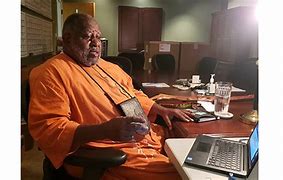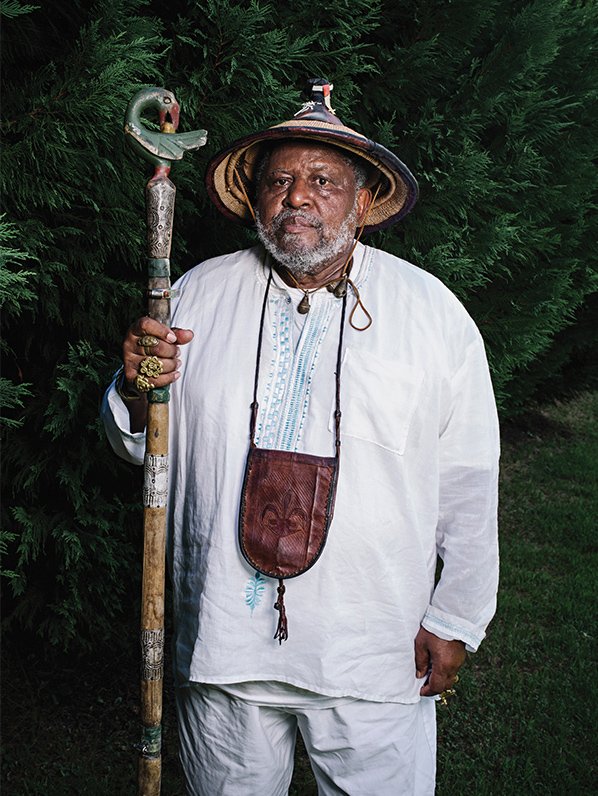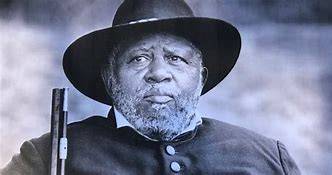Black History Month Natchez
Each year, as February rolls around, the air in Natchez, Mississippi, becomes filled with the echoes of stories passed down through generations. It’s Black History Month, a time to honor the struggles, sacrifices, and dreams of those who came before us. Yet, amidst the celebrations and tributes, there’s a figure who stands out—a pioneer whose work opened the door to a deeper understanding of African American history in Natchez: Ser Seshsh Ab Heter-Clifford M Boxley.
In the heart of Natchez, where the shadows of history linger, Boxley’s legacy remains palpable. His relentless dedication to unearthing the buried truths of the past catalyzed a community awakening. Returning to Natchez, he embarked on a journey of rediscovery, shedding light on the Forks of the Road Slave Market, a place that once symbolized the horrors of slavery but now stands as a testament to resilience and remembrance under the National Park Service’s care.
Through Boxley’s meticulous research, the forgotten stories of the United States Colored Troops (USCT) who served during the Civil War found their place in the annals of history, intertwining with the narratives of local families. His work not only exposed the harsh realities of the past but also highlighted the indomitable spirit of those who dared to defy oppression.

Pulling back the curtains of ignorance and denial, the Natchez Museum of African American Culture emerged as a beacon of enlightenment. Within its walls, artifacts became more than mere objects—they became conduits of memory, speaking volumes about the resilience and creativity of a people often overlooked in the broader historical narrative.
As visitors wander through the museum, they are transported back in time, immersed in the daily lives and struggles of generations past. From the tools of labor to the artistry of expression, each artifact tells a story—a story of survival, resistance, and triumph.
But the significance of Black History Month in Natchez extends beyond mere celebration. It is a call to action—a reminder that the stories of the past hold the keys to a more inclusive and just future. In honoring the legacies of figures like Hiram Revel, Dr. John Banks, and John Roy Lynch, the citizens of Natchez—both black and white—pledge to continue the work of preserving and sharing their history.
As visitors wander through the museum, they are transported back in time, immersed in the daily lives and struggles of generations past. From the tools of labor to the artistry of expression, each artifact tells a story—a story of survival, resistance, and triumph.
But the significance of Black History Month in Natchez extends beyond mere celebration. It is a call to action—a reminder that the stories of the past hold the keys to a more inclusive and just future. In honoring the legacies of figures like Hiram Revel, Dr. John Banks, and John Roy Lynch, the citizens of Natchez—both black and white—pledge to continue the work of preserving and sharing their history.
Philanthropy and Social Responsibility:

For the African American community of Natchez, Black History Month is not just about commemorating the struggles of their ancestors; it’s about reclaiming their rightful place in the tapestry of American history. It’s about ensuring that their voices are heard and their contributions acknowledged, not just in February but every day of the year.
As the month draws to a close, the echoes of Ser Seshsh Ab Heter-Clifford M Boxley’s legacy reverberate through the streets of Natchez. His tireless efforts to uncover the truths of the past have paved the way for a brighter future—one where the stories of all people are celebrated and honored, regardless of race or creed.
And so, as we bid farewell to another Black History Month, let us carry forward the torch lit by Boxley and countless others who dared to challenge the status quo. Let us continue to open doors, bridge divides, and build a more equitable society for generations to come. For in the words of Maya Angelou, “History, despite its wrenching pain, cannot be unlived, but if faced with courage, need not be lived again.”






